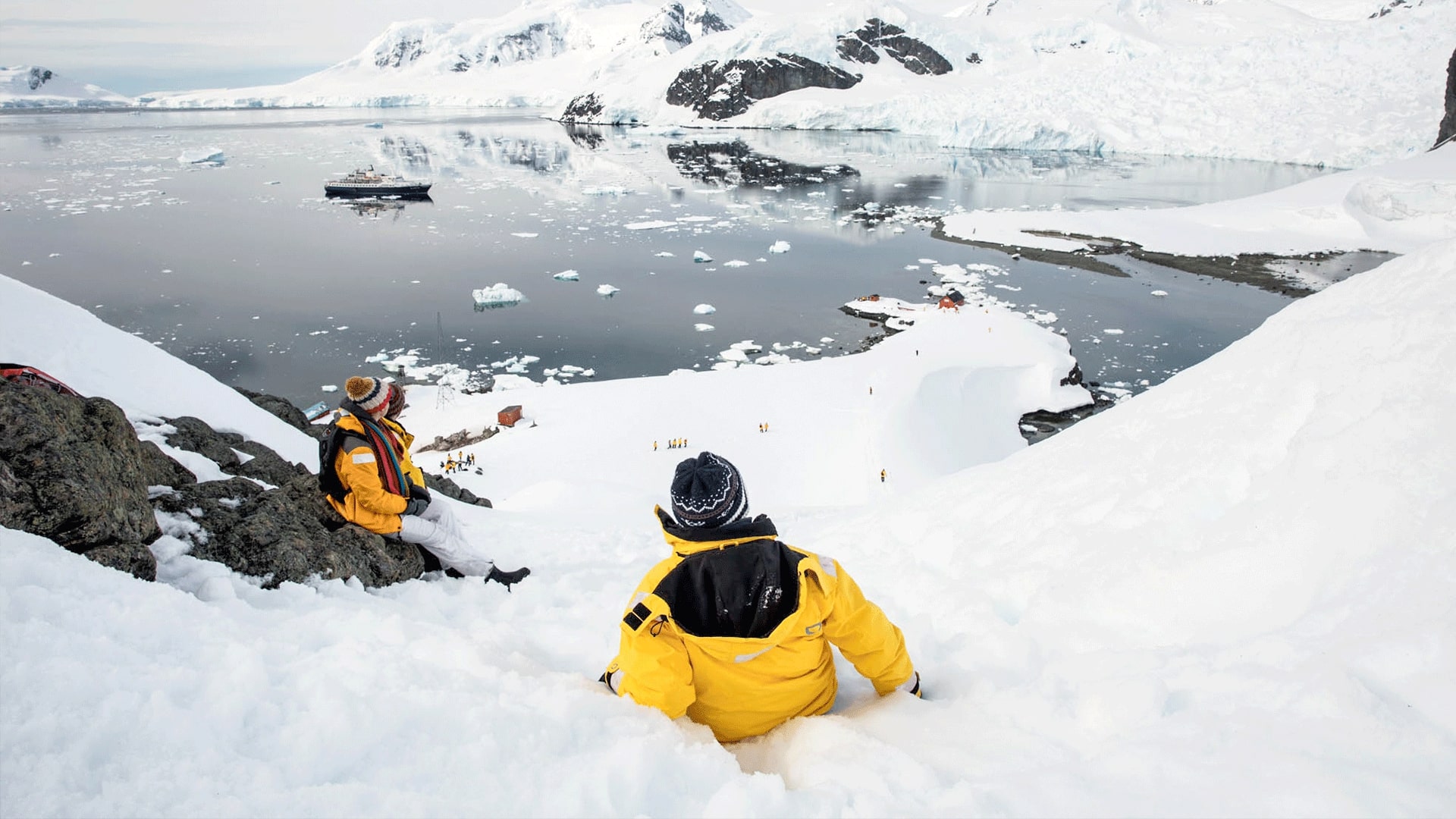During the ProAntar expedition, Fernando Bertazzo identified and described previously unknown species of macroscopic fungi, reinforcing the role of Brazilian science in polar and global climate research.
Biologist and researcher Fernando Bertazzo became the first Brazilian to describe new species of macroscopic fungi of the Agaricales order in Antarctica. The discovery was made during Operation Antarctica XLI, part of the Brazilian Antarctic Programme (ProAntar), carried out on Livingston Island in the South Shetland Archipelago. Four new species of fungi were identified, a pioneering contribution to polar science.
Bertazzo graduated in Biological Sciences from the Integrated Regional University of Alto Uruguai and Missões, with scholarships from ProUni and Pibid. He completed his master’s and doctoral studies at the Federal University of Pampa (Unipampa), with support from CAPES (Coordination for the Improvement of Higher Education Personnel). He is currently pursuing a postdoctoral degree at the same institution, also with a CAPES scholarship, where he continues his research in mycology.
The research focuses on the diversity, taxonomy and phylogeny of fungi in the Agaricales group, known for their mushroom-like shape and their ecological role in the decomposition of organic matter and soil health. This discovery significantly expanded knowledge about fungal biodiversity on the frozen continent.
Rare species take centre stage

Among the most significant results is the detailed description of the species Galerina marginata, previously recorded only twice in Antarctica. For the first time, a specimen found on the continent was morphologically described in its entirety. Genetic analysis revealed that the fungus forms a monophyletic clade, confirming its evolutionary identity within the marginata group.
‘These records represent an unprecedented contribution to polar science, significantly expanding knowledge about the region’s biodiversity and reinforcing the role of Brazilian mycology in Antarctic research,’ said Bertazzo.
The study not only expands the region’s biodiversity catalogue, but also provides essential information for environmental monitoring. Due to their high sensitivity to environmental variations, these fungi act as bioindicators, allowing us to observe the impacts of climate change on the life forms that inhabit Antarctica.
Fungi as indicators of global change
According to Bertazzo, Antarctica acts as a true ‘thermometer’ of the Earth’s climate. Small changes in this isolated and extreme ecosystem reflect environmental transformations on a planetary scale. In this context, monitoring fungi such as G. marginata can reveal how biodiversity responds to severe conditions such as extreme cold, high ultraviolet radiation and nutrient scarcity.
Although this research was conducted in a remote environment, its impact is global. Understanding how these organisms live and adapt is essential for predicting and mitigating the effects of climate change, explained the researcher.
In addition, the research reinforces Brazil’s presence in the international scientific landscape of the polar region. Bertazzo’s work demonstrates how science developed with public support can generate relevant and strategic knowledge.
Scientific training with support from CAPES

Fernando Bertazzo also highlights the fundamental role of CAPES (Coordination for the Improvement of Higher Education Personnel) in his academic career. During his undergraduate studies, he received a Pibid (Institutional Programme for Teaching Initiation Scholarships) scholarship, funded by the Ministry of Education. During his master’s and doctoral studies, the scholarships allowed him to devote himself exclusively to research. Currently, his postdoctoral studies are funded by CAPES through the Proext-PG programme.
‘CAPES was fundamental throughout my training. Thanks to its constant support, I was able to actively participate in scientific projects, work on outreach activities and generate quality knowledge,’ he says.
With a solid background and an outstanding career in polar science, Bertazzo exemplifies the impact of public research and scientific education in Brazil and around the world.

